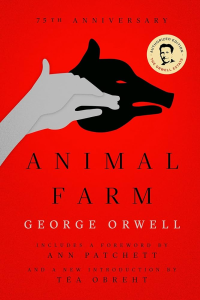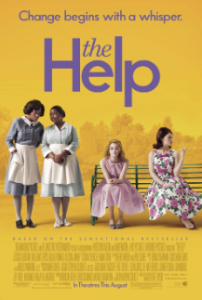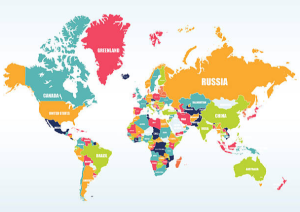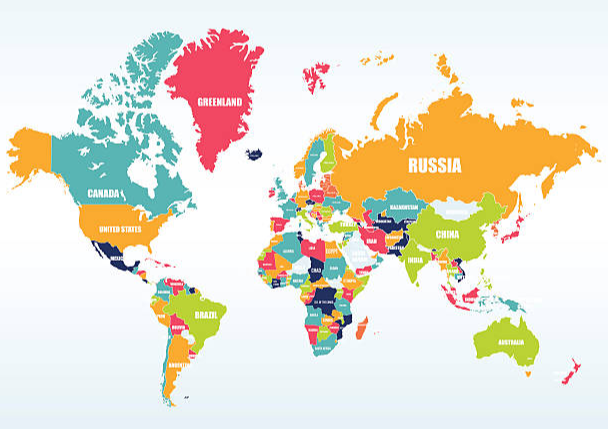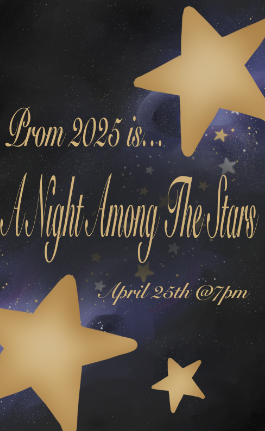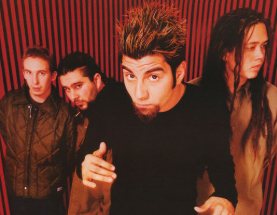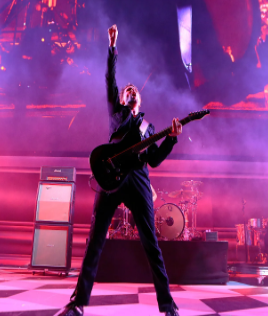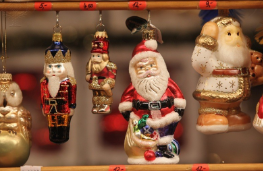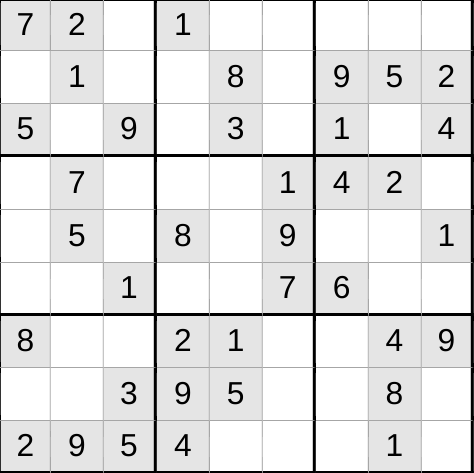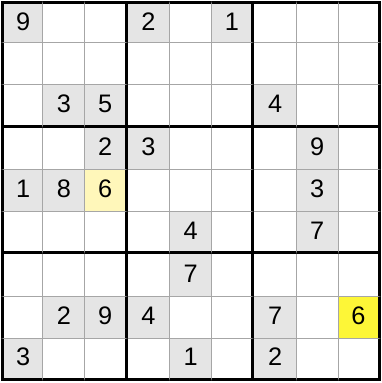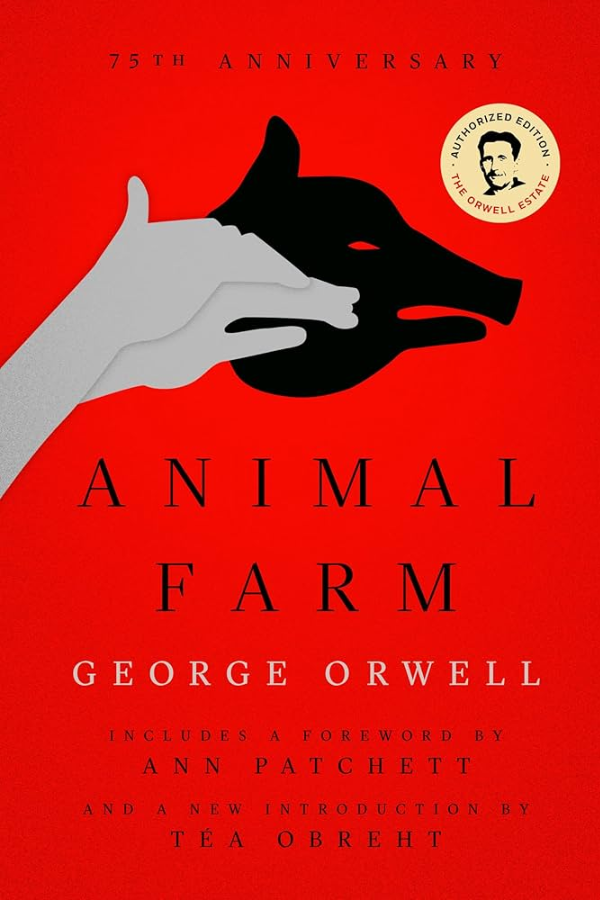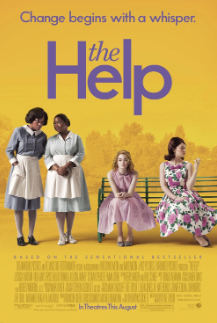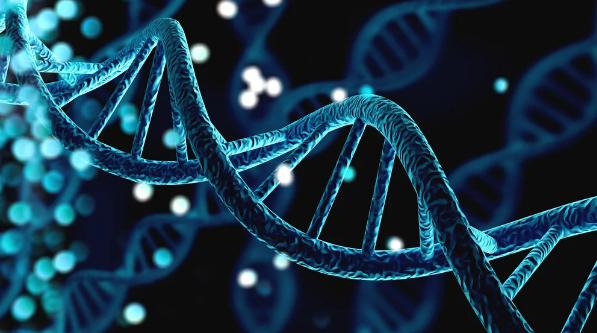Modern books often tend to center around self-help, romance, and other optimistic perspectives on personal growth or societal improvement. While these books are enjoyed by many, myself included, they all pale in comparison to George Orwell’s Animal Farm. Orwell, the author of this classic novel, believed that simplistic narratives such as animals living on a farm, could convey the nuanced truths of power and society.
Picture this: a rundown farm in England where the animals are sick and tired of being bossed around by their drunken owner, Mr. Jones. The book begins with an old pig named Old Major, who has a dream. This dream is about a land that is free of whips and oppression of the humans, a place where the animals would get to work freely and live freely as well. He then explains the contents of this dream to the animals living on the farm which in turn rallies them to begin a rebellion against Mr. Jones, their owner.
After Old Major dies, the rest of the animals are presented with the perfect time to rebel against Mr. Jones. Led by two genius pigs, Snowball and Napoleon, they revolt and overthrow the humans of the estate. They rename the property Animal Farm and create seven commandments which they are to follow to keep everything fair. Everyone works for the common good, and for a while, it seems like utopia.
But here is the thing, power tends to corrupt. Napoleon, who is a very devious and sly character, gets rid of Snowball and all of the hard work the animals have done. Suddenly, the pigs are standing on two legs, wearing clothes, drinking alcohol, and taking advantage of the hard working animals on the farm. The remaining pigs begin to follow Napoleon and rewrite the seven commandments to fit their new form of government. The famous line, “all animals are equal, but some animals are more equal than others,” ended up replacing the seven commandments and was like a slap in the face for the animals.
Orwell uses Animal Farm and the animals living there as a way to mirror the 1917 Russian Revolution. Look at Old Major who, for example, is often compared to Karl Marx and Vladimir Lenin who were both very prominent figures during the Revolution. One being a philosopher and the other being a politician who led many different parties. Similarly, Boxer, a loyal horse whose whole mantra was to “work harder,” represents the hardworking masses who were swindled during the Revolution. At the same time, Boxer also represents every man who trusts in the system until it literally crushes him. Then there’s Benjamin, the suspicious donkey who sees through the façade but stays silent.
All of this is to say that Animal Farm is Orwell’s warning about totalitarianism. He wrote it right after World War II, fresh off the horrors of dictators like Stalin and Hitler. The way the pigs manipulate language, change commandments overnight, and gaslight the other animals, makes it all feel all too familiar within this world today. It makes you question: Are we Boxers, blindly toiling, or Benjamins, too jaded to act? Orwell’s simple yet complex way of explaining just how much power corrupts. It keeps the book interesting and under 100 pages, it’s perfect for a short read. It is no wonder the book has inspired movies, plays, and even memes.
So all in all, George Orwell’s classic novel Animal Farm is a simple tale of a barnyard rebellion gone wrong. It can represent so many things to so many people. In the end it all boils down to the representation of the Russian Revolution, Totalitarianism, and just how power corrupts.





